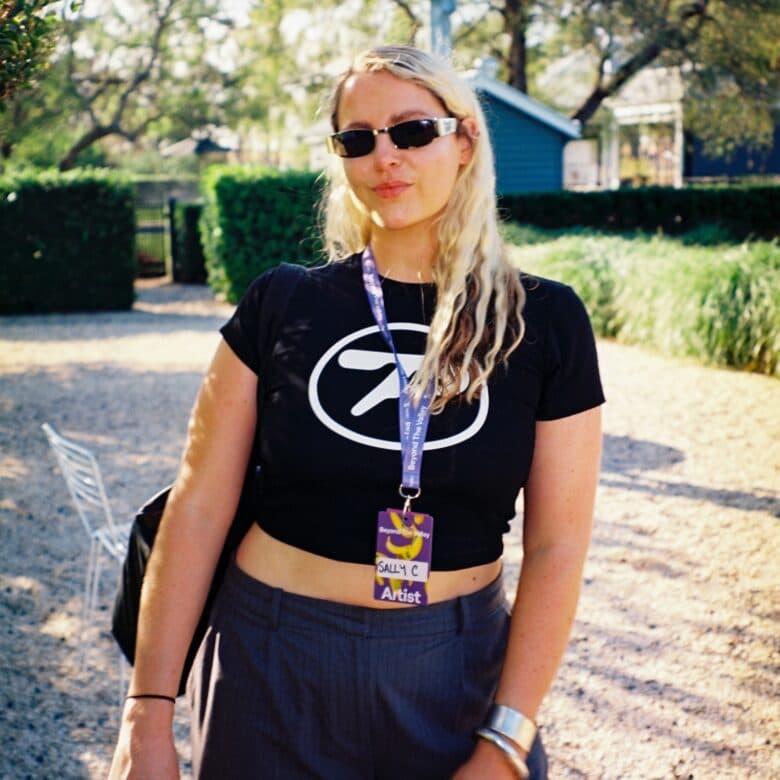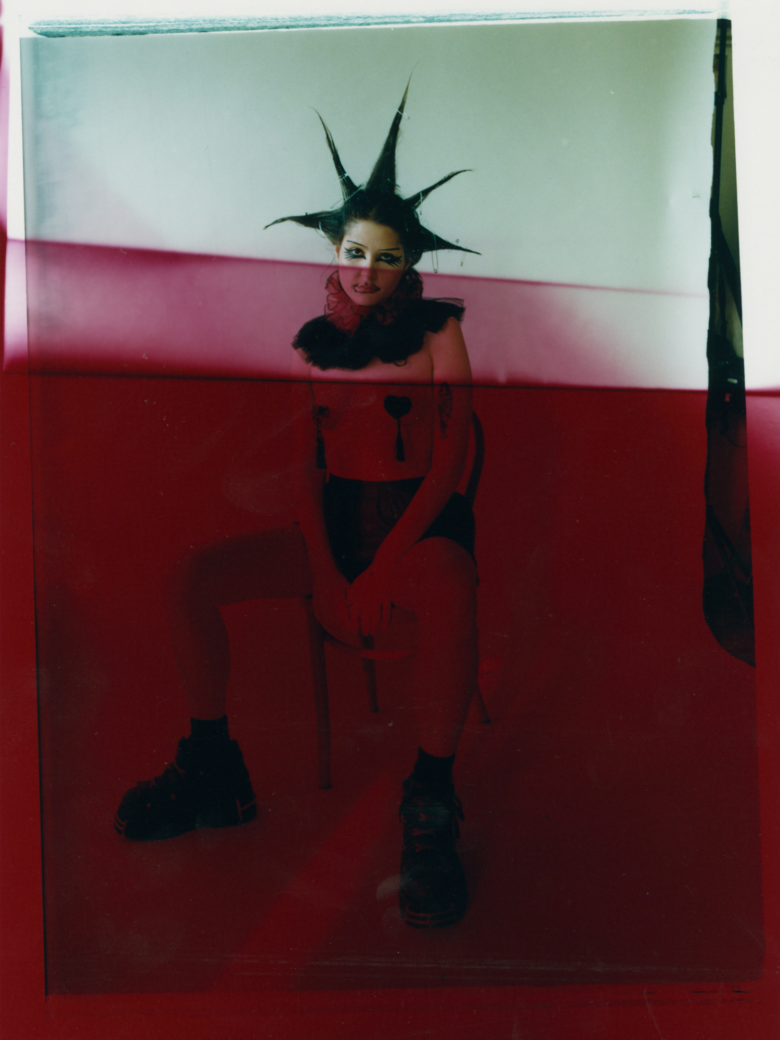Ben Zand has emerged as a distinctive voice in modern documentary filmmaking, recognised for his fearless exploration of human experiences that are often hidden or misunderstood. Through his lens, Zand has illuminated provocative topics like incels, looksmaxxing, cults and niche online subcultures, offering a perspective that balances empathy with incisive critique. While masculinity may not always be the focal point of his storytelling, it weaves through his work, framing larger questions about identity, societal expectations and the struggles faced by men in today’s complex world.
For those unfamiliar, the word “incel” (a portmanteau of “involuntarily celibate”) refers to the internet-born subculture made up of men who feel unable to form romantic or sexual connections, often blaming women or societal structures for their isolation. The term gained infamy in the 2010s, when some self-identified incels turned to the internet to voice grievances, spawning troubling ideologies that have, in extreme cases, led to acts of violence.

Zand’s 2024 documentary, The Toxic World of Perfect Looks: UNTOLD, dives into the disturbing lengths some will go to in this pursuit, from controversial cosmetic procedures like jaw restructuring and shin-lengthening surgeries to DIY methods involving facial hammers and harsh chemical treatments. The concept, fuelled by online forums and social media, underscores the pressures of societal validation and the growing commodification of self-worth.
What sets 34-year-old Zand apart is his ability to connect with these communities, earning their trust and exploring their worlds without prejudice. This empathetic approach allows him to shine a light on the human pain that often drives such behaviours. Zand’s deep interest in masculinity is rooted in his own upbringing in Liverpool, where he navigated a “rough and aggressive environment”. His personal experiences have given him a unique lens through which to interrogate how rigid definitions of masculinity shape lives and perpetuate cycles of harm.

Jordan Rossi: Your work doesn’t entirely focus on masculinity, but it’s a theme that runs throughout. Where did that come from?
Ben Zand: Over the past couple of years it’s been a very purposeful focus. I grew up in a pretty rough kind of aggressive environment, where I went to a really shit school in Liverpool and had to fight a lot. I grew up around lads who wouldn’t really talk about feelings or emotions whatsoever. I had one very specific sense of masculinity and grew up around inequality, people going into crime and drugs and gangs. Once I became a journalist and started making documentaries, I realised that lots of problems stem from men not really knowing who they are and what their place is in life. My natural inclination tends to be towards the extremes of life.
JR: It’s interesting you mention the extremes. Some of your documentaries, such as the one on looksmaxxing, are about the extremes people will go to. But all the thoughts and feelings they are having are things that I have or other guys I know have had.
BZ: I’m glad you said that because it’s very true. I think the reason I say “extremes” is because I’m looking at it through a mainstream-media lens. In reality, they’re not extreme at all. It’s people looking for different solutions to solve what is a very common problem, which is feeling out of place in the world — with who you are, how you look, your interpersonal relationships, maybe meeting people on a sexual level or friendship level, feeling lonely. You go on the internet searching for answers and lots of things come up, whether that’s looksmaxxing or “women are the problem”. I basically make documentaries about people’s unusual solutions to extremely common problems.
This excerpt was taken from HUNGER Issue 34: Fight Back. Stay tuned for the full story.
- PhotographerJordan Rossi
- WriterJordan Rossi
- GroomerLiz Martins using Boy de CHANEL by CHANEL and OUAI
- Photographer's AssistantSam Lort
- RetouchingFTP Digital





